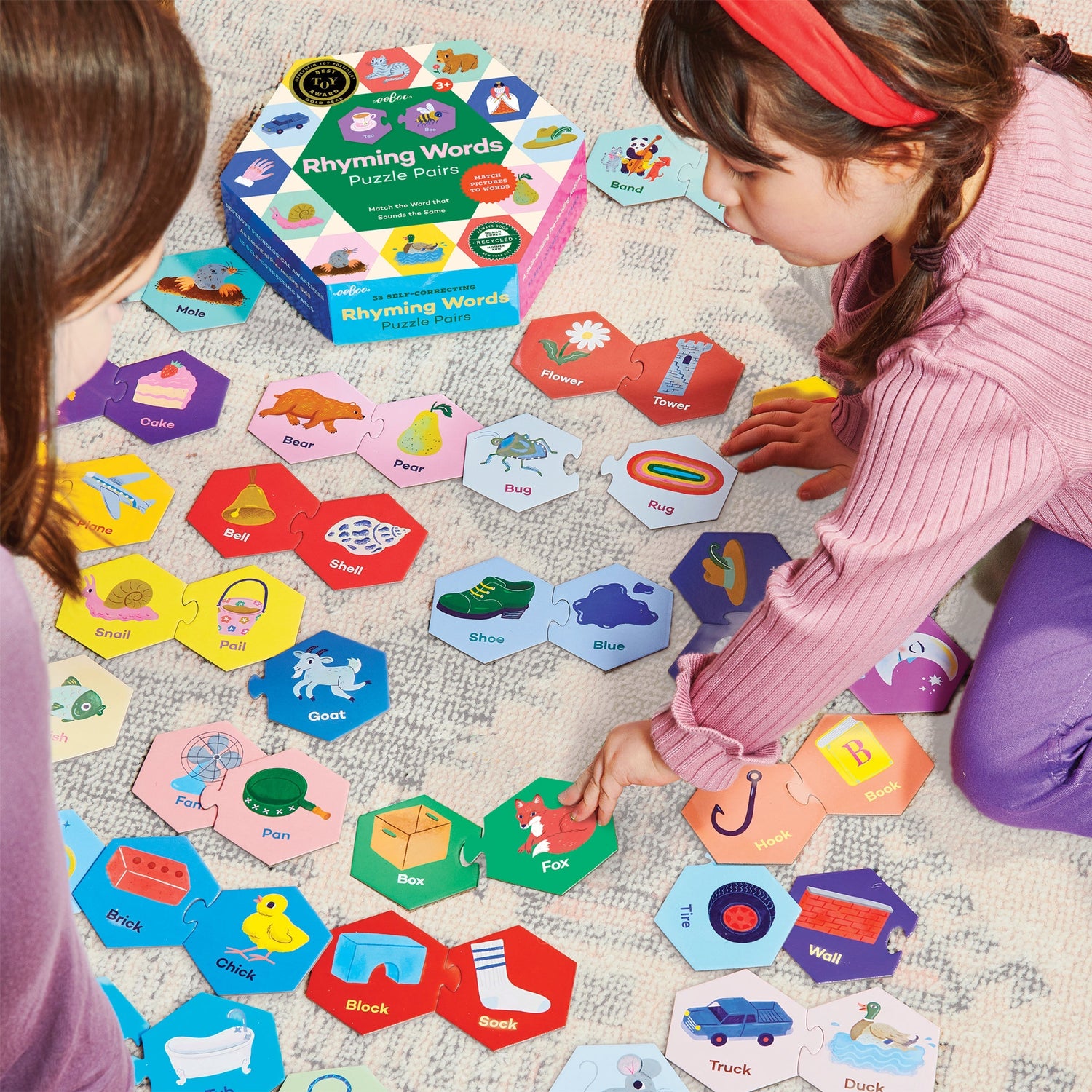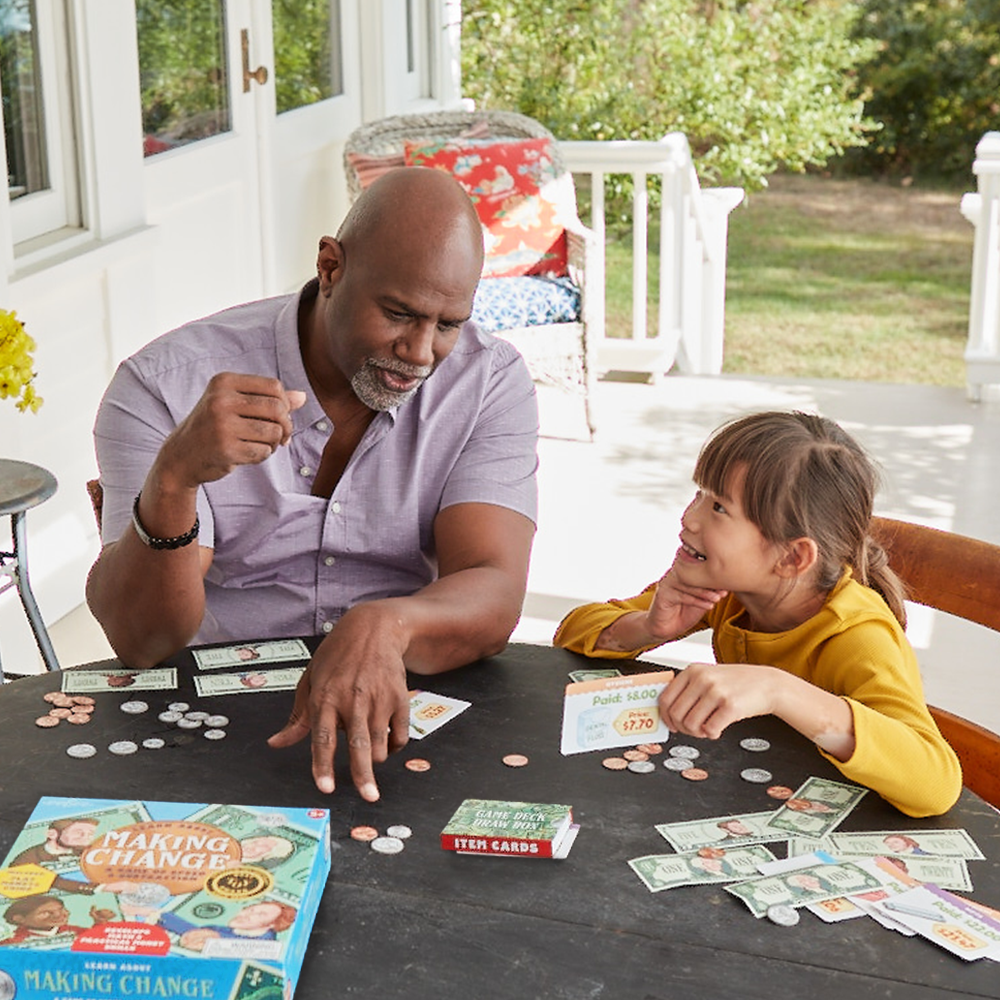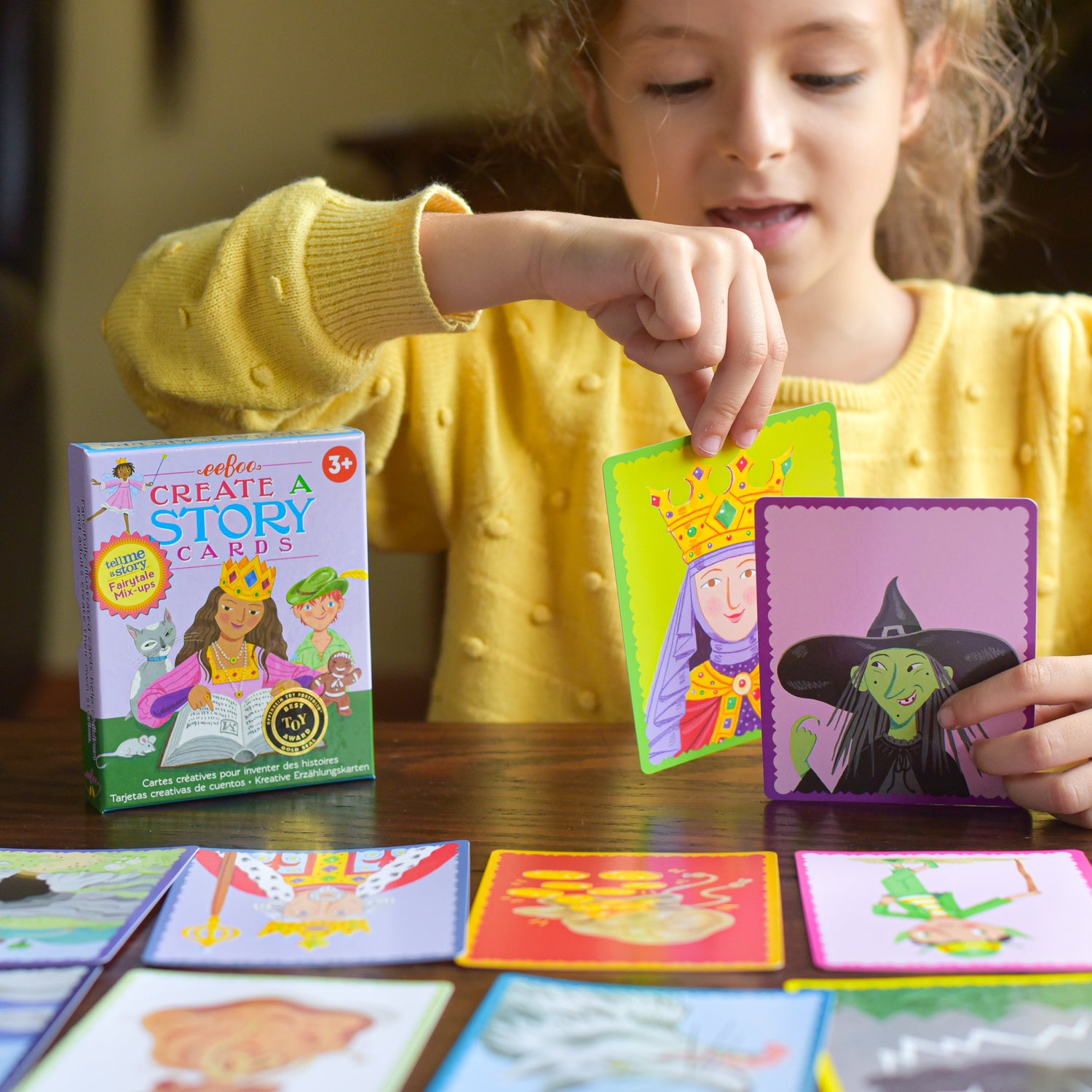The development of a child's brain is a dynamic and complex process, and providing them with appropriate tools is crucial to support this growth. Here's an exploration of why developing brains need developing tools:
-
Neuroplasticity: The brains of young children exhibit high levels of neuroplasticity, meaning they are highly adaptable and capable of forming new neural connections. Proper stimulation through developing tools enhances this plasticity, contributing to optimal brain development.
-
Sensory Stimulation: Developing brains benefit from exposure to various sensory experiences. Tools that engage multiple senses, such as tactile toys, colorful visuals, and interactive sounds, help stimulate and strengthen neural pathways associated with sensory processing.
-
Cognitive Stimulation: Tools designed to challenge cognitive abilities, such as puzzles, educational games, and interactive activities, provide the necessary stimulation for the development of cognitive functions like memory, attention, and problem-solving skills.
-
Language Enrichment: Language development is a critical aspect of brain growth. Tools that facilitate language acquisition, such as books, educational apps, and language-building toys, support the expansion of vocabulary, comprehension, and communication skills.
-
Fine and Gross Motor Skills: Tools that encourage the development of both fine and gross motor skills play a vital role in shaping neural connections associated with physical movement. These tools include building blocks, art supplies, and activities that involve coordination and balance.
-
Social Interaction Tools: Interacting with others is integral to social and emotional development. Tools that promote social interaction, like board games, collaborative projects, and group activities, help children navigate social relationships, fostering the growth of emotional intelligence.
-
Creativity and Imagination Tools: Developing brains thrive on creativity and imagination. Tools that encourage imaginative play, such as art supplies, storytelling materials, and pretend-play toys, provide an outlet for creative expression and contribute to the development of innovative thinking.
-
Adaptability and Resilience: Exposure to a variety of tools helps children develop adaptability and resilience. Facing different challenges with appropriate tools fosters problem-solving skills, perseverance, and the ability to navigate change—a crucial aspect of cognitive and emotional development.
-
Individualized Learning: Every child is unique, and their brains develop at different rates. Providing a range of tools allows for individualized learning experiences, catering to a child's specific interests, strengths, and areas that may need extra attention.
In conclusion, developing brains benefit significantly from a diverse array of tools that cater to various aspects of growth. These tools provide the necessary stimuli to shape neural connections, foster cognitive skills, and support the holistic development of children as they navigate the journey of learning and self-discovery.




